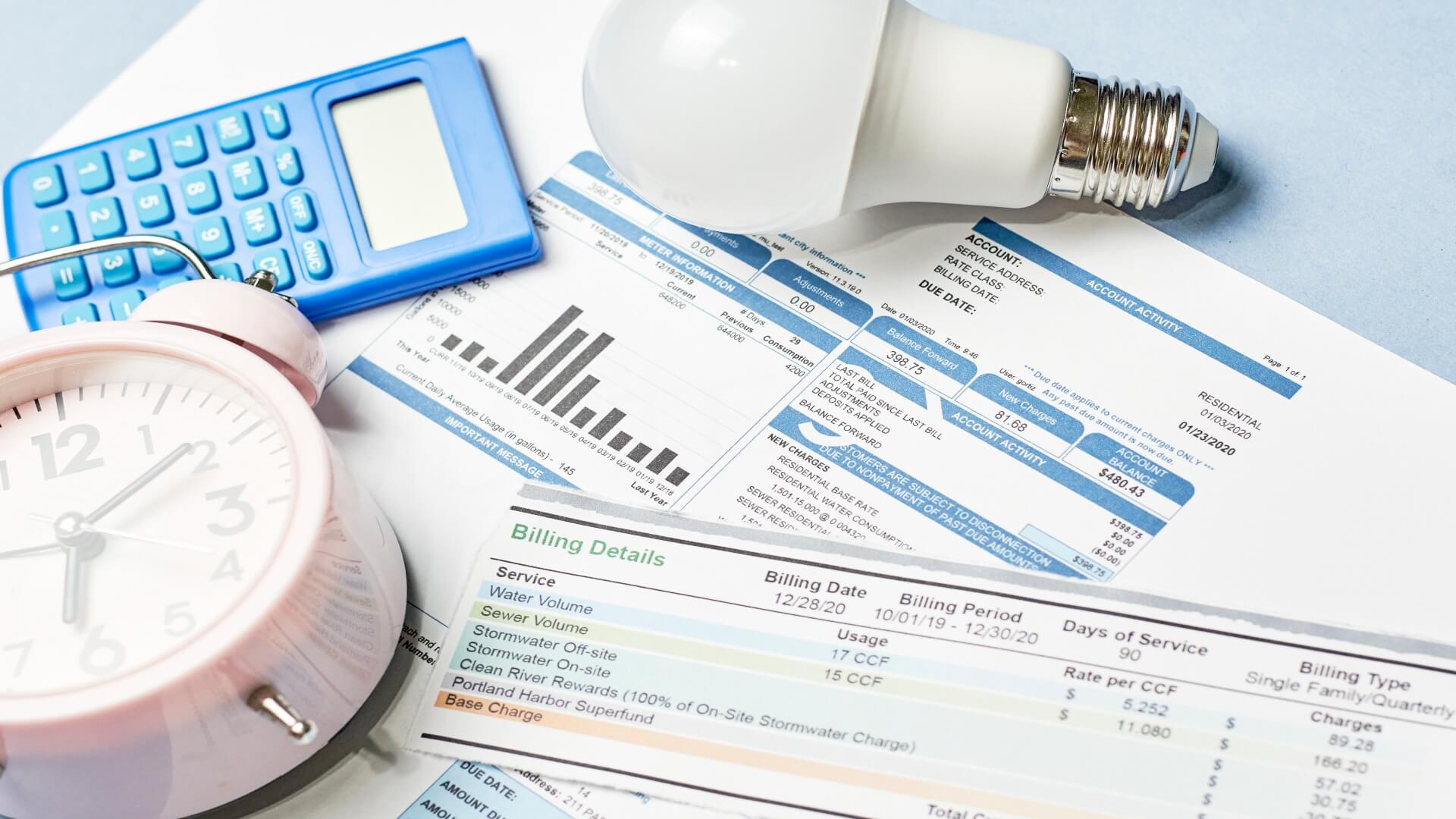Running a business can be a very stressful enterprise. Beyond trying to provide the best possible product or service, you have a plethora of aspects to worry about; your expenses are one. Here’s our guide on business electricity prices and how to handle them.
How Does Business Electricity Pricing Work?
Business electricity pricing, like domestic, is primarily based on consumption, but the greatest factor that influences business electricity pricing is the size of your business.
Your bill is based on a unit rate per kilowatt-hour (kWh) and can either be calculated on a fixed or variable rate tariff.
The Average Price For Business Electricity
These are the current business electricity prices UK customers may get, on average:
Business Size
Average Annual Electricity Usage (kWh), Daily Standing Charge, Average Price Per kWh (GBP)
Micro
5,000 – 15,000, 39p , 44p
Small
15,000 – 25,000, 33p, 44p
Medium
25,000 – 50,000, 47p, 43p
The prices in the UK are quite high compared to other parts of the world:
Country – Average Price Per kWh (USD)
China- $0.084
Australia – $0.172
New Zealand – $0.153
India – $0.092
Malaysia – $0.070
Philippines – $0.165
What Influences Business Energy Prices?
Energy markets can be highly complex, here are some factors that influence business energy prices:
Currency – Many countries import electricity and gas, and electricity prices are linked to gas prices, so the price of gas and electricity is influenced by the exchange rate of the currencies in the two countries involved.
Temperature – When there is a measurable change in temperature, energy prices may change too. For example, if the temperature falls then the demand for gas and electricity can go up, which will inevitably increase prices.
Global events – Global events such as conflict or natural disasters in countries that produce oil or gas can significantly hinder production and accessibility, which then pushes the price up.
What Is A Good Rate For Business Electricity?
Determining whether a rate is ‘good’ largely depends on the size of your business. It’s best to compare different suppliers and look at the amount you’re spending on electricity, in conjunction with your monthly revenue, to determine whether your current rate is befitting.
How To Reduce Your Business’s Energy Bill
In order to reduce your energy bill, you can employ most of the same practices that you would if you were trying to do the same in your home. Try the following:
Switch to energy-efficient appliances – Buying energy-efficient equipment is a once-off cost that potentially could pay off well in the future. You might not see the benefit of doing this immediately, so bear in mind that this is more of a long-term solution.
Develop a culture of sustainability – Apart from investing in energy-efficient equipment, you need to communicate the benefits of operating sustainably to your staff, the most pertinent benefit being bettering your financial health. This could also come in the form of implementing simple work policies such as switching off equipment that is not in use.
Perform frequent energy audits – As the name suggests, an energy audit is the assessment of your business’s energy consumption, needs, and efficiency. After the audit, you will be provided with bespoke recommendations to better your energy efficiency.
Frequently Asked Questions
When Should I Switch Energy Suppliers? There is no right or wrong answer when it comes to switching energy suppliers. However, with commercial gas and electricity, there is generally a limited timeframe in which you can do this, primarily because of the nature of energy contracts.
Commercial energy suppliers will typically differ very slightly in terms of their rates and energy prices rarely drop. So, if there happens to be a drop in price, then capitalising upon it to lock the price in may be a good idea.
Is Business Energy Cheaper Than Residential? If you’re pondering whether your business should switch to being fully remote, then you might be contemplating whether business energy is cheaper than residential. If using average unit rates for reference, businesses pay substantially less. Additionally, you’ll find that the larger the business, the lower the unit rate. However, there are other factors to consider.
Do Businesses Get Support For Energy Bills? Luckily for businesses, some energy suppliers offer schemes or grants geared towards improving your energy efficiency, which can, in turn, decrease your energy bill. A prime example would be the provision of subsidies for the purchase costs of energy-efficient equipment.





























